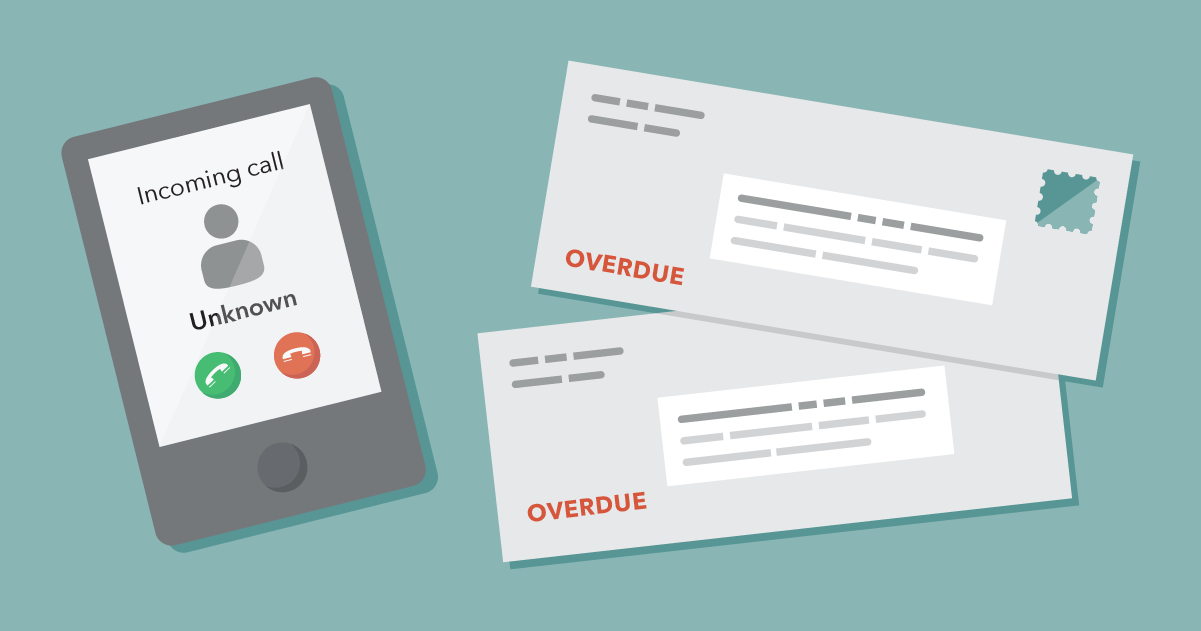A Debt Relief Order (DRO) is a bankruptcy alternative available to certain people. UK residents who do not own a home, have little spare income and are not likely to improve their financial situation should consider a DRO. Only an authorized debt adviser may file a DRO and an officer of the bankruptcy court called an Official Receiver issues the order. A DRO is subject to amendment or cancellation if the financial situation of the debtor improves.
It is very important you include and disclose all your credit commitments such as bank loans and other credit commitments. We can do a full debt relief order assessment to see if you qualify or if an alternative solution is better.
⏱ Get A Free No Obligation Debt Assessment:
Please fill out this form and we will get in touch with you shortly.
A DRO provides a debtor with several benefits
While it is in force, the debtor may not make any payments toward covered debts. In addition, creditors are not permitted to take action to recover the money they are due unless they receive court permission. Once the DRO ends, which is typically after 12 months, the debtor is discharged from the included debts so these will not need to be repaid. Organizations such as the National Debtline provide free advice regarding DROs.
Student loans, court fines, and family maintenance payments may not be included in a DRO
Neither may debts created after a DRO is issued. However, organizations such as the National Debtline and Citizens Advice can provide recommendations for dealing with these types of debts. Priority debts like rent arrears, electricity and gas debts with a current supplier, phone bill arrears, community charge, business, rates, and council tax arrears, and National Insurance, VAT, and income tax arrears can be included on a DRO application.
Credit debts like credit cards, store cards, bank loans, bank overdrafts, loans to finance companies, and water arrears may also be included. Small business debts also qualify including debts to suppliers, money owed to employees, and debts to customers who have paid for goods or services that you could not supply. Debts that qualify for inclusion in a DRO must total less than £15,000.
If you included a bank loan in your DRO, you should not need to repay it
Once the DRO ends, the balance of this loan will be written off, so you will have no further obligation on it. If you left the bank loan debt out of your DRO application and forget to mention it until after the Official Receiver approved the DRO, the debt may not be included.
In this case, the creditor may continue to take action to recover the debt. However, you may be able to negotiate revised repayments with this creditor separately. A debt management professional can provide assistance with this process. Be aware that any extra debt not included in a DRO that would push total debt to £15,000 or higher can cause the DRO to be revoked.
Failing to inform the Official Receiver of any extra debt can result in a civil or criminal action. Therefore, it is important to be as honest as possible. If you have any questions about the terms of your DRO or the restrictions placed upon you during and after the DRO period, contact a debt expert. It is better to get clarification than act without understanding the consequences.

